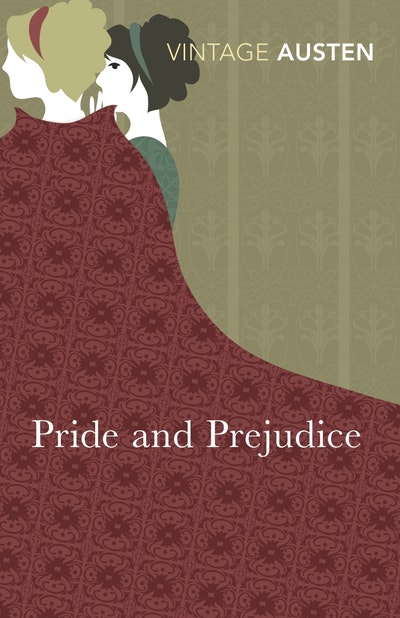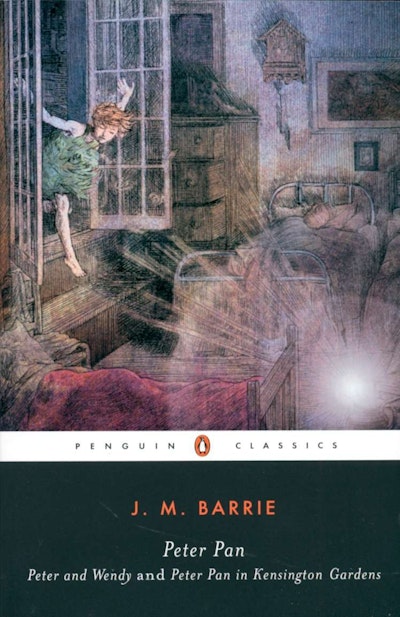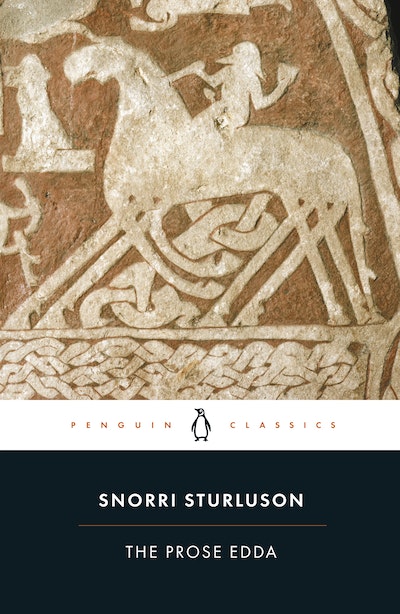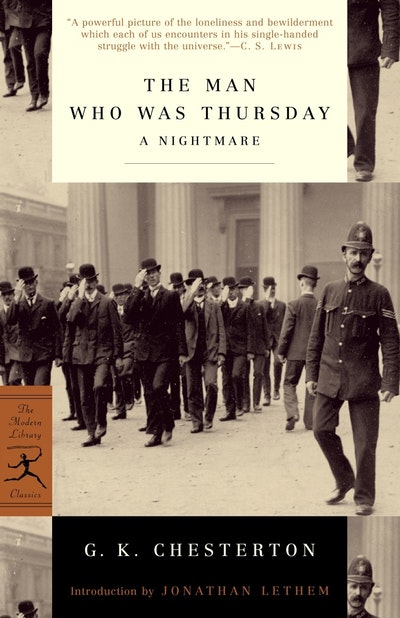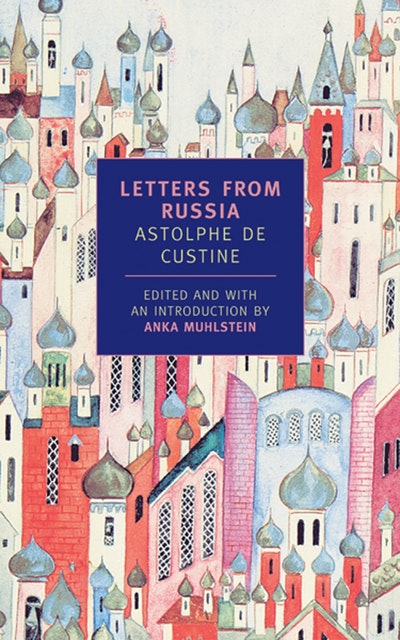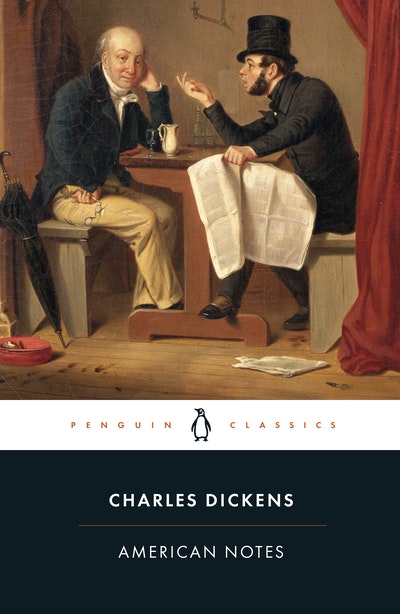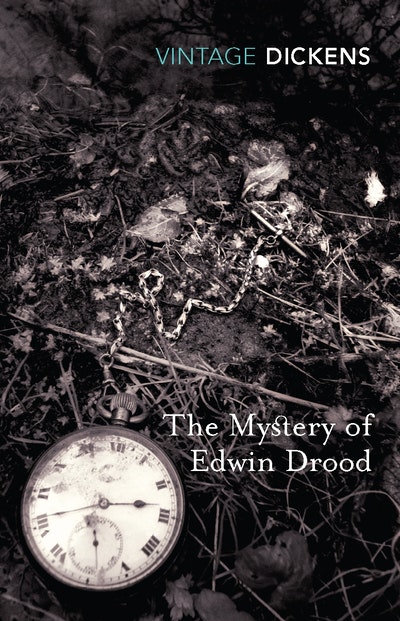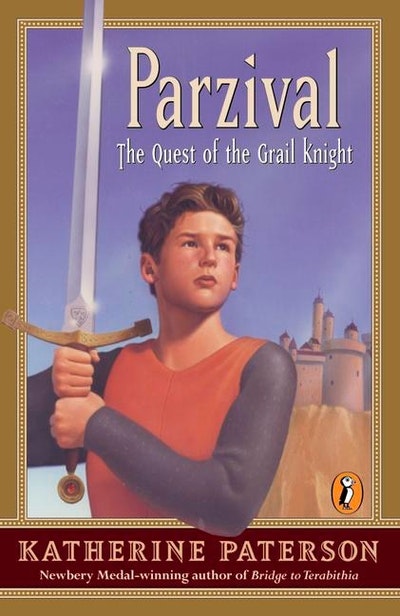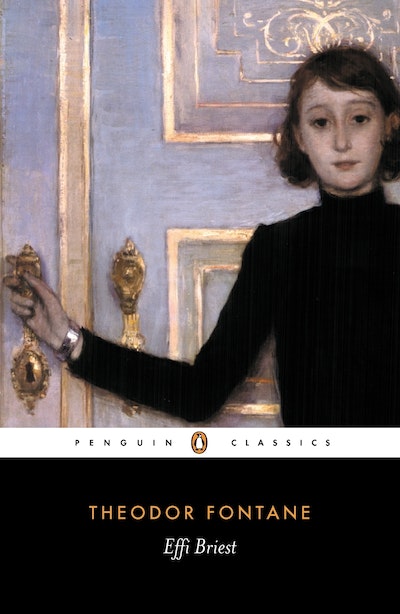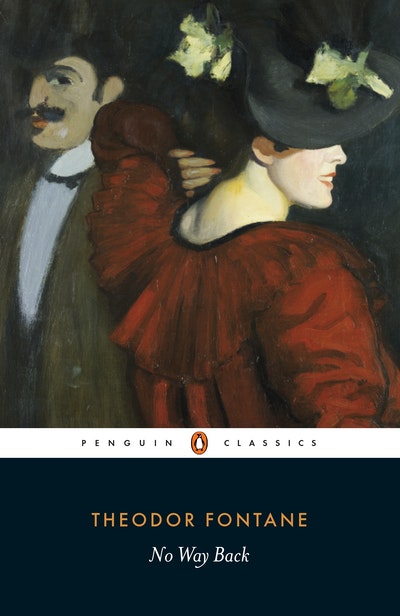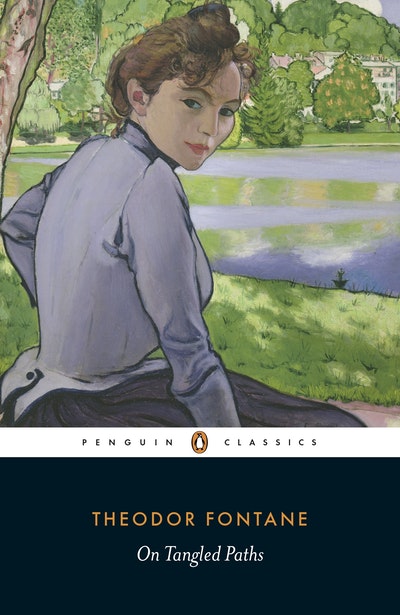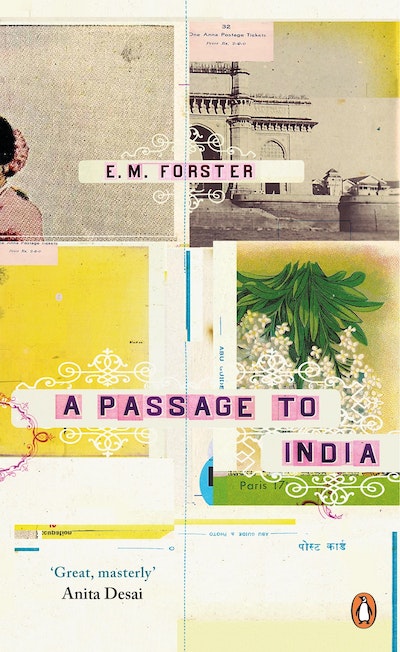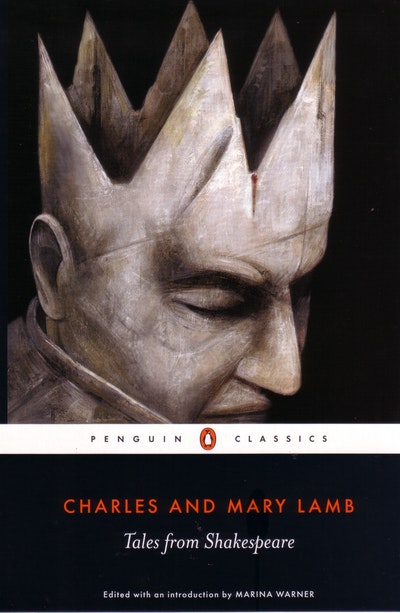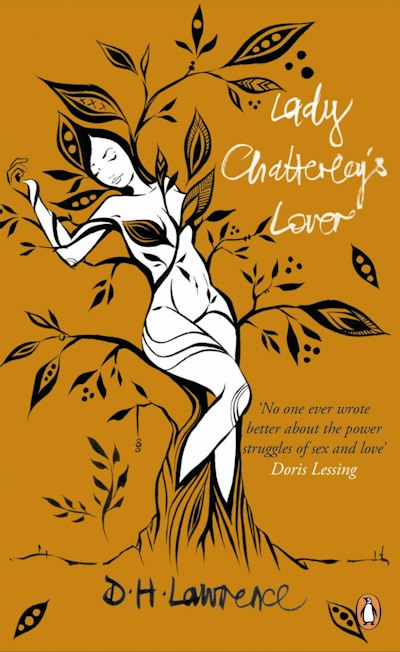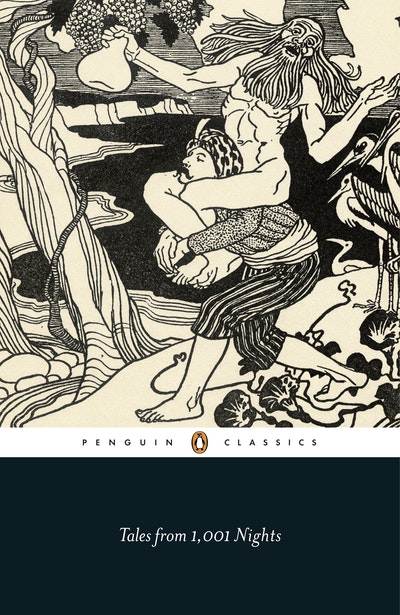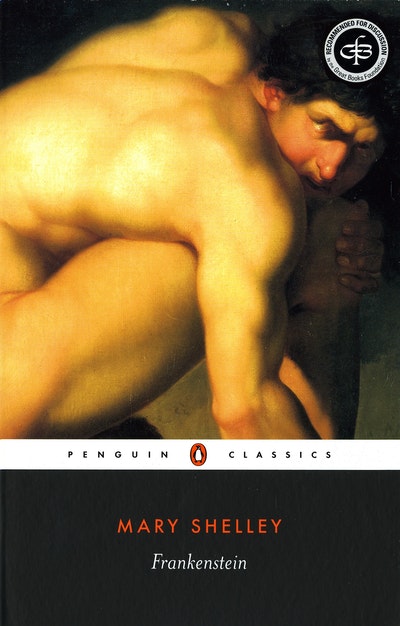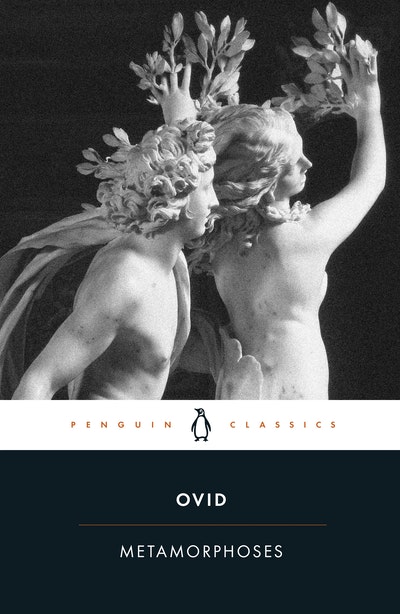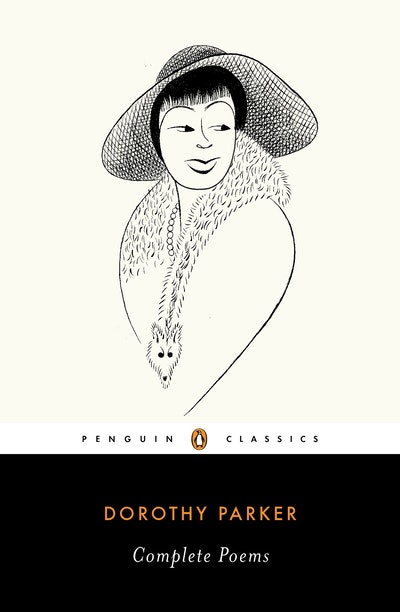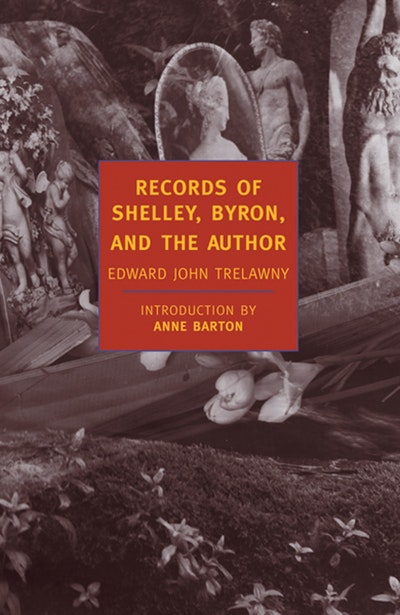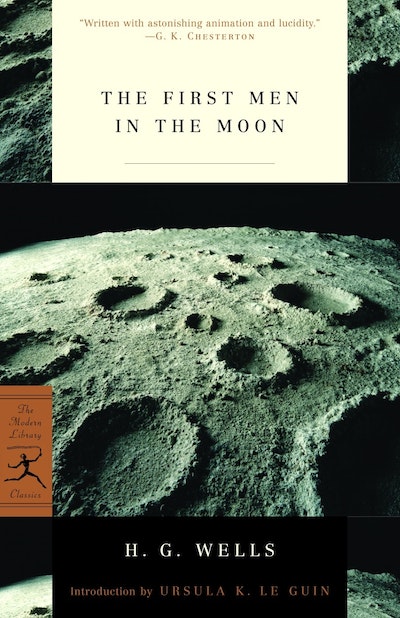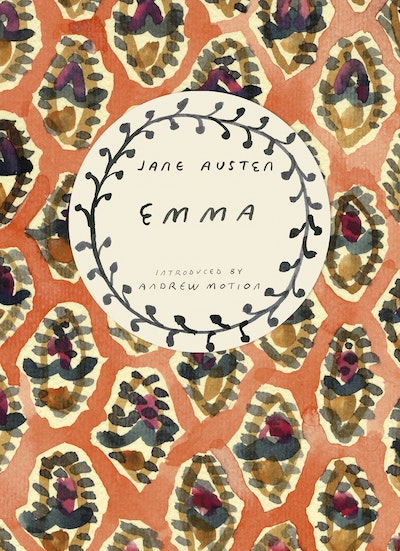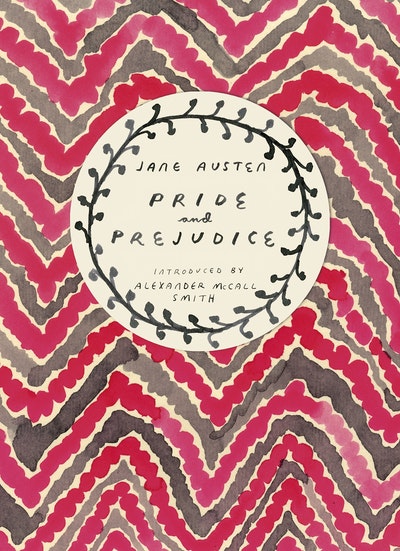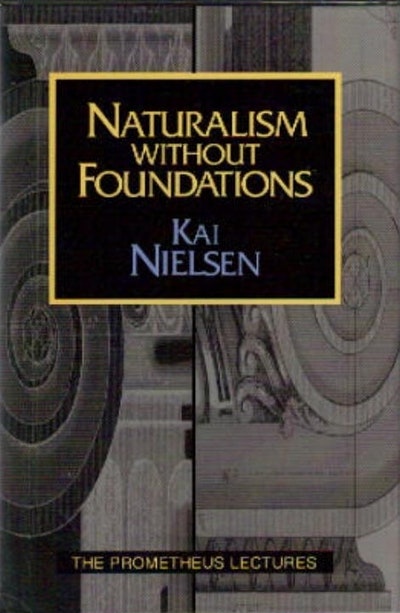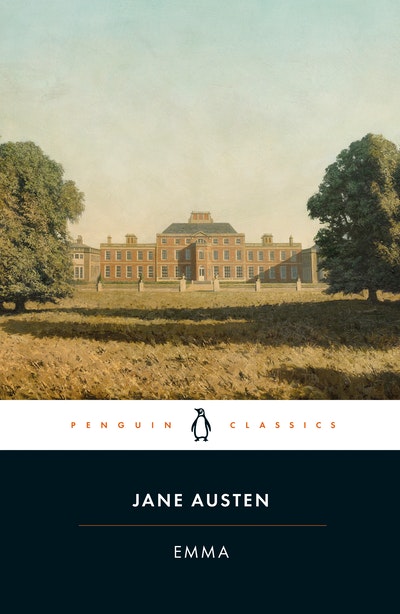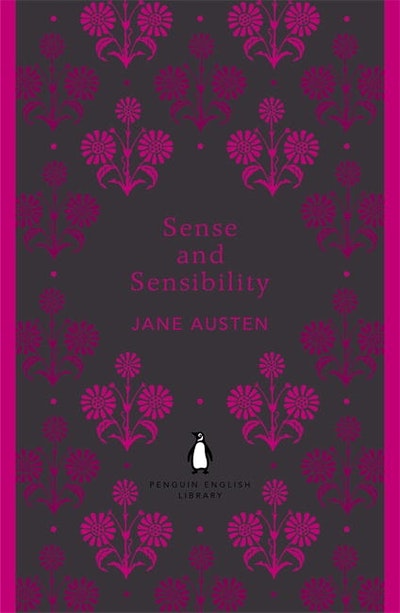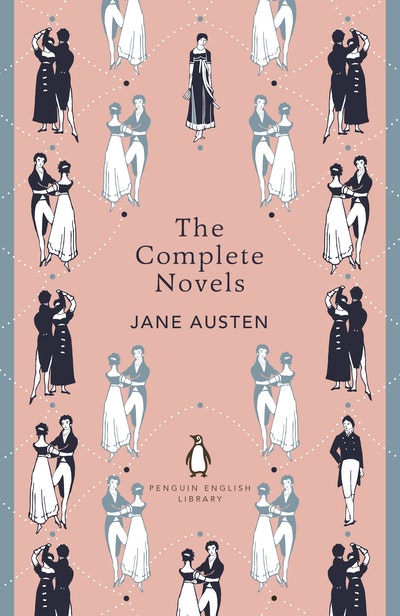- Published: 1 October 2007
- ISBN: 9780099511151
- Imprint: Vintage Classics
- Format: Paperback
- Pages: 384
- RRP: $17.99
Pride and Prejudice
The nation's favourite Jane Austen novel - her enduring story of pride and prejudice
Discover Jane Austen’s most beloved classic.
When Elizabeth Bennet meets Mr Darcy, she is repelled by his overbearing pride and prejudice towards her family. But the Bennet girls are in need of financial security in the shape of husbands, so when Darcy’s friend, the affable Mr Bingley, forms an attachment to Jane, Darcy becomes increasingly hard to avoid. Polite society will be turned upside down in this witty drama of friendship, rivalry and love – Jane Austen's classic romance novel.
**One of the BBC’s 100 Novels That Shaped Our World**
- Published: 1 October 2007
- ISBN: 9780099511151
- Imprint: Vintage Classics
- Format: Paperback
- Pages: 384
- RRP: $17.99
Other books in the series
About the author
Jane Austen was born in Steventon rectory on 16 December 1775. Her family later moved to Bath, then to Southampton and finally to Chawton in Hampshire. She began writing Pride and Prejudice when she was twenty-two years old. It was originally called First Impressions and was initially rejected by the publishers and only published in 1813 after much revision. She published four of her novels in her lifetime, Sense and Sensibility (1811), Pride and Prejudice (1813), Mansfield Park (1814) and Emma (1816). Jane Austen died on 18th July 1817. Northanger Abbey and Persuasion were both published posthumously in 1818.
Jane Austen was born on 16 December 1775, the sixth child of seven. Her father George was the rector at Steventon, near Basingstoke, and was a prosperous and cultured man. He encouraged Jane to write and read widely as a child; at fourteen, she had written Love and Friendship and at fifteen had finished the ambitiously titled A History of England.
Although Austen’s heroines underwent adventures, Jane herself led an uneventful life. She did once accept a proposal of marriage one evening, only to change her mind the following morning! For the most part it was a quiet family life interspersed with outings to Bath, London and Lyme. Her novels were written in the intervals between family excursions, although not in the order in which they were published. Sense and Sensibility (published in 1811) was originally written in 1795 as Elinor and Marianne. Pride and Prejudice (published in 1813) began life as 'First Impressions' in 1797. Of her other novels, Mansfield Park was published in 1814, Emma in 1816 and Persuasion posthumously in 1818.
Throughout her life Jane kept up regular correspondences with her sister Cassandra, her friends and her nieces and nephews. Although Cassandra removed anything deeply personal from these letters after Jane’s death, they tell of her attitude to her work, describing it as ‘the little bit (two inches wide) of Ivory on which I work with so fine a brush, as produces little effect after much labour’. This modest assessment was not shared by Sir Walter Scott or by the Prince Regent, who kept a set of her novels in each of his residences.
The Austens moved several times during the course of Jane’s life: in 1801 they left Steventon for Bath. After George Austen’s death in 1805 they moved to Southampton and then, in 1809, to Chawton. In the weeks prior to her death, Jane lodged in Winchester in order to be close to her doctor. Her illness has been attributed to several possible conditions, including Addison’s disease (a disorder of the adrenal glands whose symptoms include tiredness and weight loss), Hodgkin’s disease (a form of cancer) and arsenic poisoning. She died on 18 July 1817.
Jane Austen’s novels have acquired a following which is almost cult-like, and the many dramatisations of her work for screen, television and radio are testament to the books’ enduring popularity. One of her works was amongst the earliest transmissions to be heard on BBC radio: a reading of the proposal scene from Pride and Prejudice was broadcast on 15 January 1924.
Jane Austen was born on 16 December 1775 at Steventon, near Basingstoke, the seventh child of the rector of the parish. She lived with her family at Steventon until they moved to Bath when her father retired in 1801. After his death in 1805, she moved around with her mother; in 1809, they settled in Chawton, near Alton, Hampshire. Here she remained, except for a few visits to London, until in May 1817 she moved to Winchester to be near her doctor. There she died on 18 July 1817. Jane Austen was extremely modest about her own genius, describing her work to her nephew, Edward, as 'the little bit (two Inches wide) of Ivory, on which I work with so fine a Brush, as produces little effect after much labour'. As a girl she wrote stories, including burlesques of popular romances. Her works were published only after much revision, four novels being published in her lifetime. These are Sense and Sensibility (1811), Pride and Prejudice (1813), Mansfield Park (1814) and Emma (1815). Two other novels, Northanger Abbey and Persuasion, were published posthumously in 1817 with a biographical notice by her brother, Henry Austen, the first formal announcement of her authorship. Persuasion was written in a race against failing health in 1815-16. She also left two earlier compositions, a short epistolary novel, Lady Susan, and an unfinished novel, The Watsons. At the time of her death, she was working on a new novel, Sanditon, a fragmentary draft of which survives.
Praise for Pride and Prejudice
The best-loved book by our best-loved novelist
Independent
The wit of Jane Austen has for partner the perfection of her taste
Virginia Woolf
Like Irvine Welsh, I am a great admirer of Jane Austen
Alexander McCall Smith
Another question I've been regularly asked over the past year is what models I had in mind when writing Curious Incident. Was it To Kill a Mockingbird? Was it Catcher in the Rye? In fact, the book most often in my mind was Pride and Prejudice
Mark Haddon
An incredibly funny, very upmarket love story with an enchanting heroine and the perfect romantic hero: a tartar with a heart of gold
Jilly Cooper
The Mozart opera of novels and again a transcendent union of structure and content in which unhappy marriage is the reward for those who show a weakness of character and lifelong happiness is a province reserved only for those "who truly know themselves"
Kate Atkinson
For those of us who suspect all the mysteries of life are contained in the microcosm of the family, that personal relationships prefigure all else, the work of Jane Austen is the Rosetta Stone of literature
Anna Quindlen
How could these novels ever seem remote...the gaiety is unextinguished today, the irony has kept its bite, the reasoning is still sweet, the sparkle undiminished, as comedies they are irresistibly and as nearly flawless as any fiction could be
Eudora Welty
That young lady has a talent for describing the involvements of feelings and characters of ordinary life which is to me the most wonderful I ever met with
Sir Walter Scott
The most perfect, the most characteristic, the most eminently quintessential of its author's works
George Saintsbury (1894)
